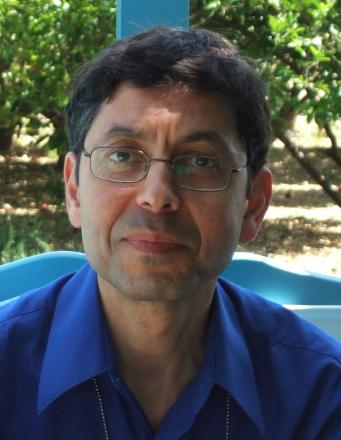https://burhaninstitute.org/wp-content/uploads/2019/12/Polygamy-for-Burhan-Institute-EDIT-1.pdf
Editor’s note: Polygamy has a long past in most societies and cultures; nevertheless, it is now phasing out as an outdated practice. In this thoughtful research article, Siyamak Zabihi-Moghaddam explores the historical and cultural roots of polygamy while demonstrating its manifestations in diverse places and times. It also reviews how polygamy affects not only the spouse but also the entire family and the larger society.
Polygamy, more than being religious, is a cultural phenomenon subject to change and decline. The comparative study of past and present practice of polygamy in different societies demonstrates a gradual decrease in its social acceptance. As education has spread among the masses and progressive values such as equality between men and women have gained universal appeal, polygamy has frowned upon by most people even in traditional societies that had customarily legalized its practice. Moreover, the full spectrum of human rights, emerging as a global norm, has created a new familial milieu based on justice, equality, respect, and dignity.
The Burhan Institute views this article as a useful contribution to our goal of advancing ideas for progress in the Middle East. People in the Middle East are working hard and struggling wholeheartedly to transform the region into societies with democratic institutions, sustainable economies, and global vision. However, sociopolitical development is intertwined with cultural values. The family is the place where the culture is formed, and the national character is built. A well-established body of evidence and data shows that polygamy is not in harmony with high-minded ideals of progress and social transformation. Furthermore, enlightened religious scholars are also ever-increasingly agreeing that polygamy is in dissonance with principles of justice and fairness enshrined in Islam.




